
The year was 2015. Batman: Arkham Knight was released for Xbox One, PC and PS4, serving as the finale to the acclaimed Arkham trilogy. It remains a pretty good title, whether you’re a fan of open-world games, superhero titles or beat ’em ups with excellent combat, but launching after four years of development, that too after Arkham City? In some players’ eyes, it wasn’t enough to be “pretty good.”
There were legitimate reasons for not liking it, from the Batmobile sections and tank battles to some underwhelming boss fights. The less said about the PC port, which led to an unprecedented suspension of sales and widespread refunds, or the shockingly short Red Hood and Harley Quinn DLC packs, sold separately, if you didn’t pre-order, the better.
However, it’s all the more interesting to look back on in hindsight, especially after the launch of Suicide Squad: Kill the Justice League. The latter has received mixed reviews for its boring mission objectives, a short story that falls off heavily past the few hours, underwhelming boss fights, etc. The fact that it’s a live-service title, which will slowly drip-feed content over seasons while pushing microtransactions (cosmetic-only, but still), is all the more disappointing.
What happened to Rocksteady? How did it go from delivering a trio of excellent superhero titles, setting the bar for the genre and arguably video game trilogies, to floundering so badly?
Think back to Batman: Arkham Asylum’s launch in 2009. Rocksteady wasn’t well known back then, but it knew what it wanted to do. It took inspiration from Grant Morrison’s Arkham Asylum: A Serious House on Serious Earth, crafting a darker version of the prison than most have known while presenting an original story.
Batman wasn’t treated as tacked on – the game revolved around his ethics, emphasizing hand-to-hand combat when necessary and stealth when possible. Everything, from the Metroid-like exploration and gadgets to the rhythmic combat and direction, is pitch-perfect. It’s almost difficult to believe that it was developed in 21 months with a small development team and looked as incredible as it does.
Within three weeks, Batman: Arkham Asylum sold almost two million units. A sequel was already planned before its launch, with a secret for Arkham City cleverly hidden away. In 2011, Batman: Arkham City launched and went even bigger. This time, the goal was to incorporate Batman in Gotham or a cityscape close enough to allow encountering familiar villains. Rocksteady also wanted to focus on grappling and gliding for traversal while ensuring the Dark Knight had his gadgets from the previous game ready to go.
Arkham City also allowed for a scenario where Batman was effectively isolated from the Batcave and thus had to rely on his wits (and some supply drops) to survive while uncovering the mystery of Protocol 10. With the location serving as a city-wide prison, it made sense for familiar villains like Two-Face, Clayface, Mr Freeze and of course, The Joker to appear. Investigations into different cases, stopping random crimes, collecting Ridder Trophies and much more all fit seamlessly within the setting’s context.
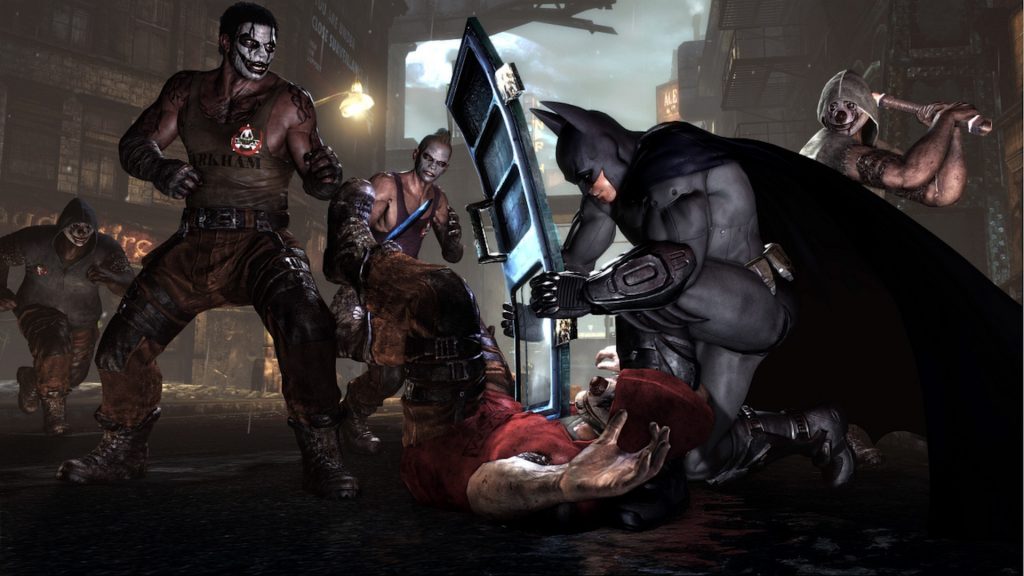
Couple this with the addition of new moves, further refinements to the combat, even better-looking visuals and tons of things to do, and Batman: Arkham City achieved even greater heights than the original. Sure, some of the boss fights could have been better, but when everything else was this great, it was a small blemish (which is ironic, now that you think about it).
The sales reflected fans’ enthusiasm towards the title, with two million sold within a week. It was the 10th best-selling game of 2011, which is worth noting when the competition includes blockbusters like Gears of War 3 and The Elder Scrolls 5: Skyrim. Over 12.5 million copies were reportedly sold by 2020, which is insane.
From that perspective, it’s easy to understand the disappointment some had with Arkham Knight. This time, Batman was in Gotham City, which allowed for the Batmobile. There was no fast travel like in Batman: Arkham Origins, and the story focused more on Batman’s psyche, especially after being confronted by the resurgent Scarecrow and the (laughably) mysterious Arkham Knight. Criticism aside, many still agreed that the combat and overall gameplay remained incredible.
Gotham City and the characters also looked fantastic, while the added power of that console generation allowed for more enemies on screen, and real-time cutscenes. Then you had features like Dual Play for switching between Robin, Nightwing and Catwoman in some situations. Less than four months after its launch, it sold over five million copies – slightly less than Arkham City, no doubt due to the problematic PC version, but it was still the fastest-selling game in the franchise and the second-best-selling title of the year.
Which brings us now to Suicide Squad: Kill the Justice League.
It’s no secret that Rocksteady wasn’t meant to develop the title. WB Games Montreal had that role, following the launch of Batman: Arkham Origins (and hinted at in a post-credits cutscene). Following a reportedly underwhelming reception to the title, it was allegedly cancelled in 2016. Rocksteady was tasked with development and reportedly began working on it in 2017. The rumor that the developer pitched a Superman title was false, but at that point, it was unknown whether the Suicide Squad title even existed.
When 2020 rolled around, rumors suddenly emerged of the title (with Gotham Knights also cropping up). Both titles were officially announced at DC FanDome 2020, and the rest is history, but while little is known about the development of Gotham Knights, Suicide Squad is a somewhat different story.
Around the time that the latest previews for the title dropped in January 2023, Bloomberg’s Jason Schreier revealed that Rocksteady was working on an unannounced multiplayer title that was also an original franchise and a Batman VR title. After being assigned to Suicide Squad, it allegedly had “several false starts” and multiple delays because the studio was transitioning into an unfamiliar genre.
In 2022, Rocksteady’s co-founders, Sefton Hill and Jamie Walker, left the company. With Hill serving as a director on the title, his departure caused some concern. Axel Rydby, who worked at Massive Entertainment from 2006 to 2016 and helped create teams for projects like Tom Clancy’s The Division, would take over as game director.
Two other directors, Rasmus Hoejengaard and Adam Doherty, also worked on the project, and considering the sheer length of time since Rocksteady’s last game, some assumed that the development team had changed completely. Clearly, Suicide Squad isn’t good, because many of the people who made the Arkham series great are gone. Right?
A brief comparison of staff between the releases somewhat says otherwise. Martin Lancaster and Ian Ball, who worked as writers on Arkham Knight, are still around. So are designer Ian Ball, programmer Ben Wyatt and artist David Hego. Granted, these are a handful of names from a studio with 250 employees, but they’re those who had major roles on Rocksteady’s best titles. Was the departure of Hill (who also contributed to the writing) really enough to cause such a drop in quality?
Even if WB Games decided to shift to a live service approach, causing Hill and Walker to leave in October 2022, the controversial gameplay reveal occurred in January 2023, confirming the existence of a battle pass, store, microtransactions and whatnot. These elements would have been in place for a long time prior, along with the barebones endgame, lackluster writing and underwhelming mission types.
We may never know what happened behind the scenes, but Rocksteady may have been out of its depth for this type of game. Going from a beat ’em up style game with stealth to a looter shooter isn’t easy, especially one that needs more content over time.
It’s not the first time that a studio skilled in single-player titles failed when working on co-op centric titles with live-service models or leanings – see Arkane Austin with Redfall and BioWare with Anthem. Even Bungie’s Destiny suffered many issues at launch (and again with Destiny 2) before rebuilding into something successful, and it still struggles to stay relevant.
While it’s not entirely accurate to say that the Rocksteady of old is dead, it currently faces an uphill battle to support a title with extensive time and money sunk into it. Hopefully, one day, it can return to what it does best with its soul intact.
Note: The views expressed in this article are those of the author and do not necessarily represent the views of, and should not be attributed to, GamingBolt as an organization.








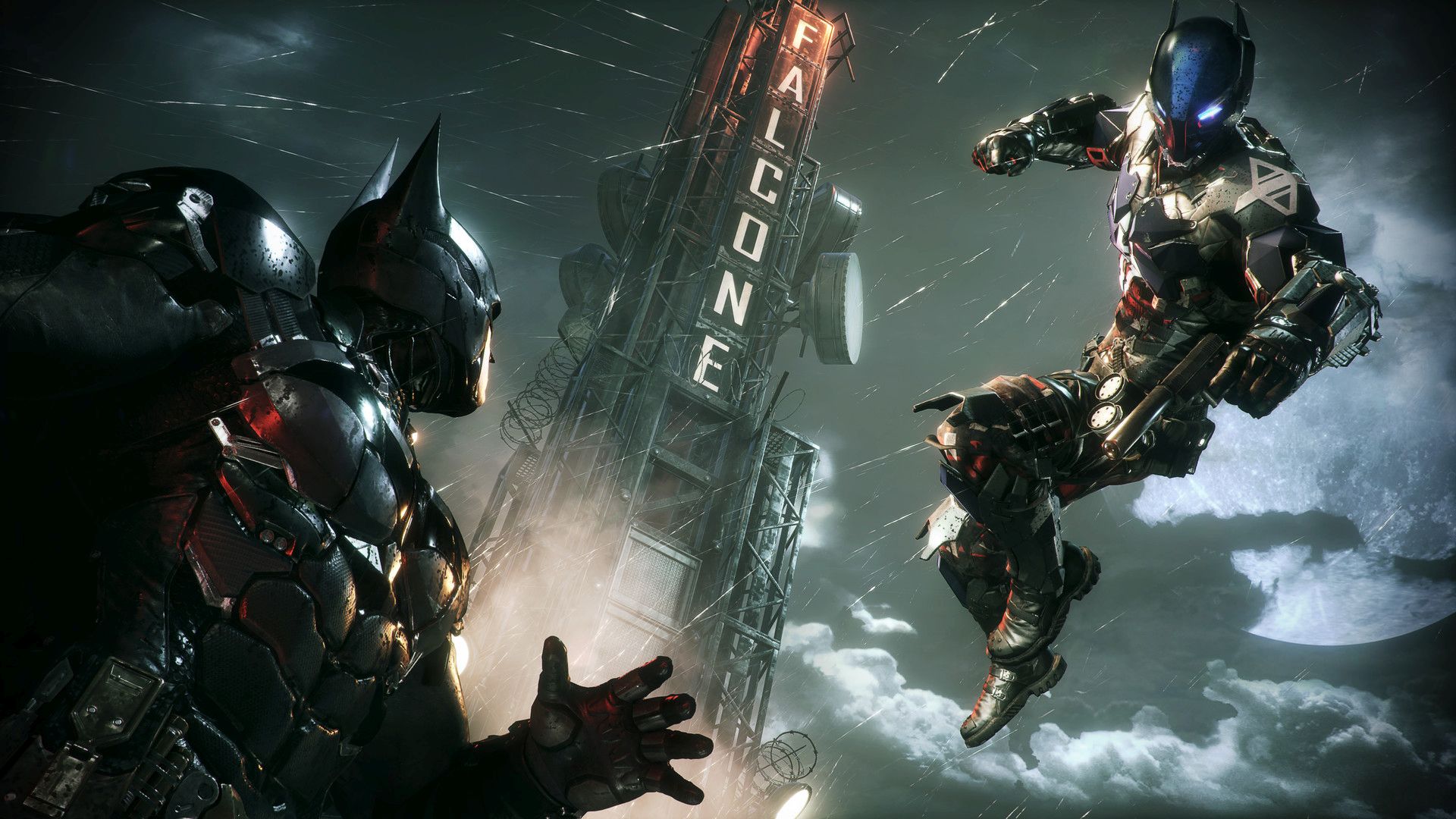
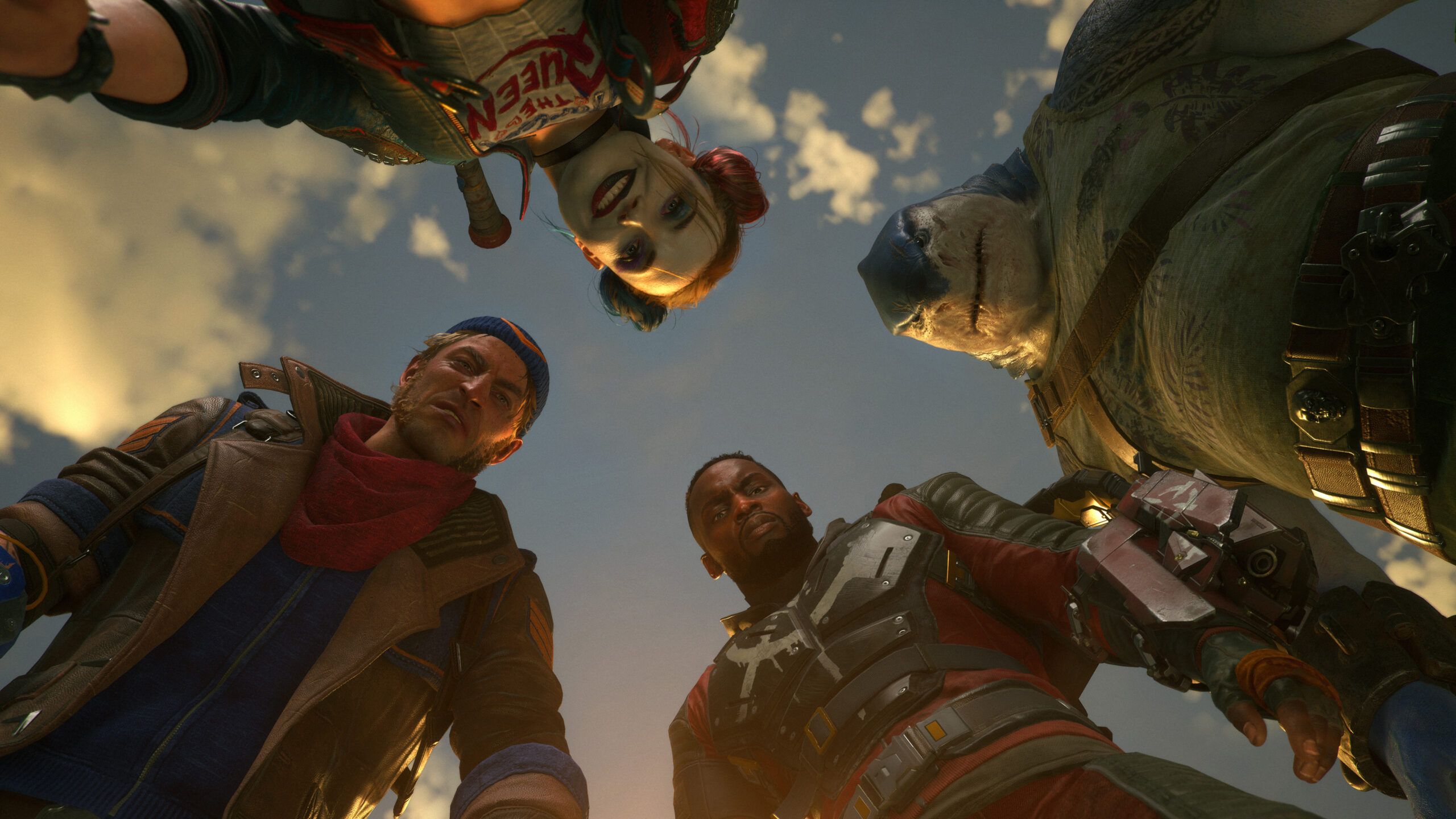
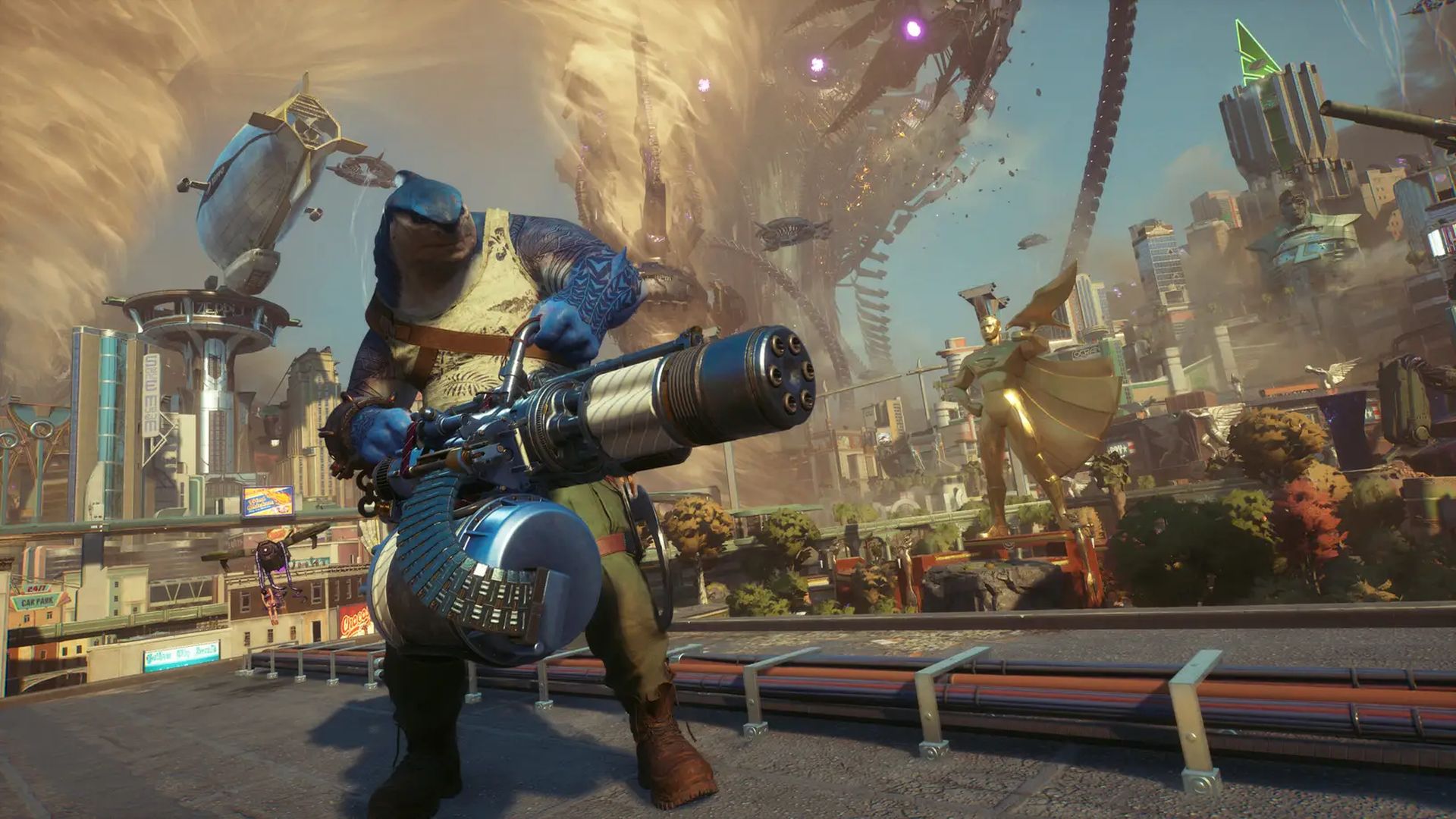
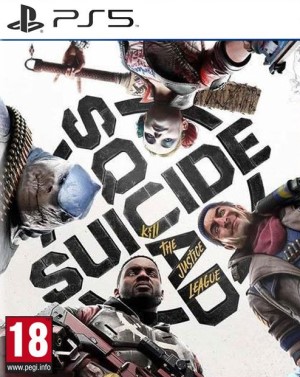


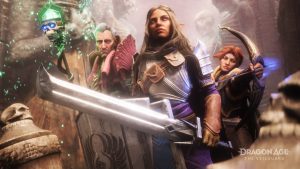
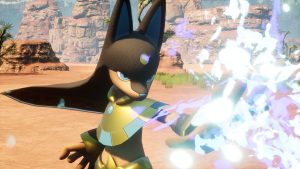



Share Your Thoughts Below (Always follow our comments policy!)